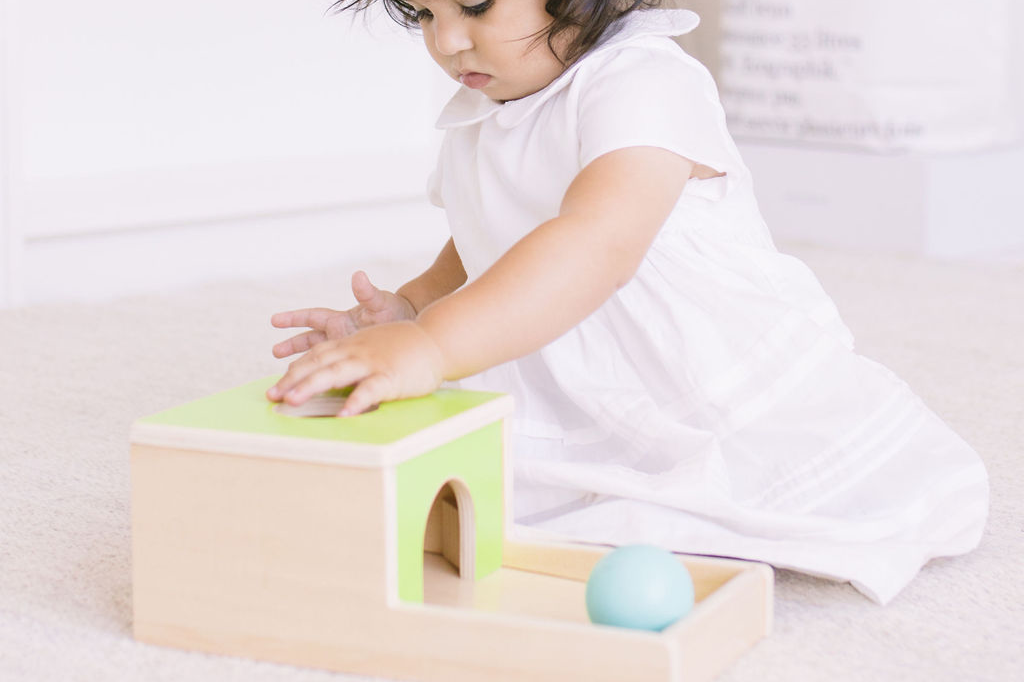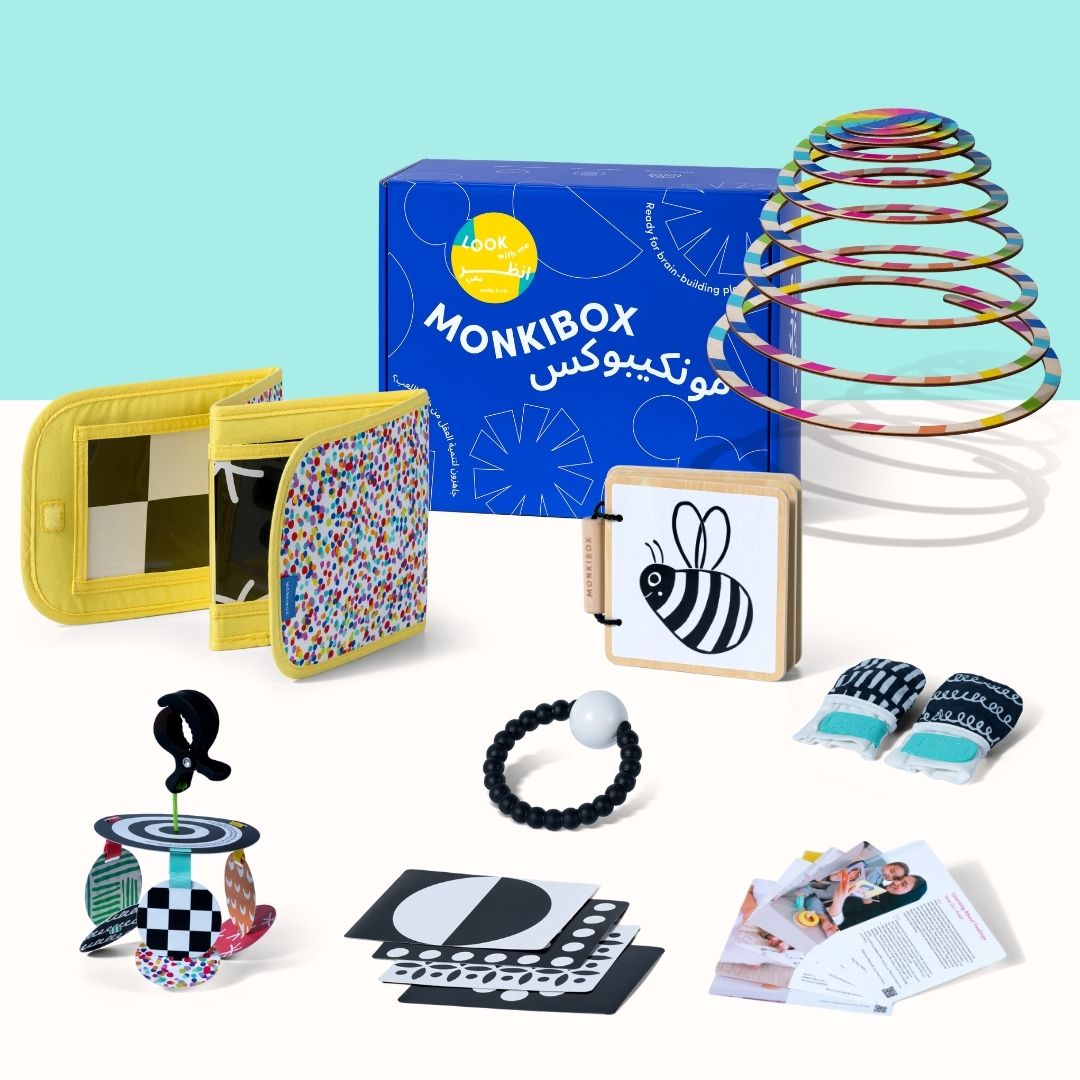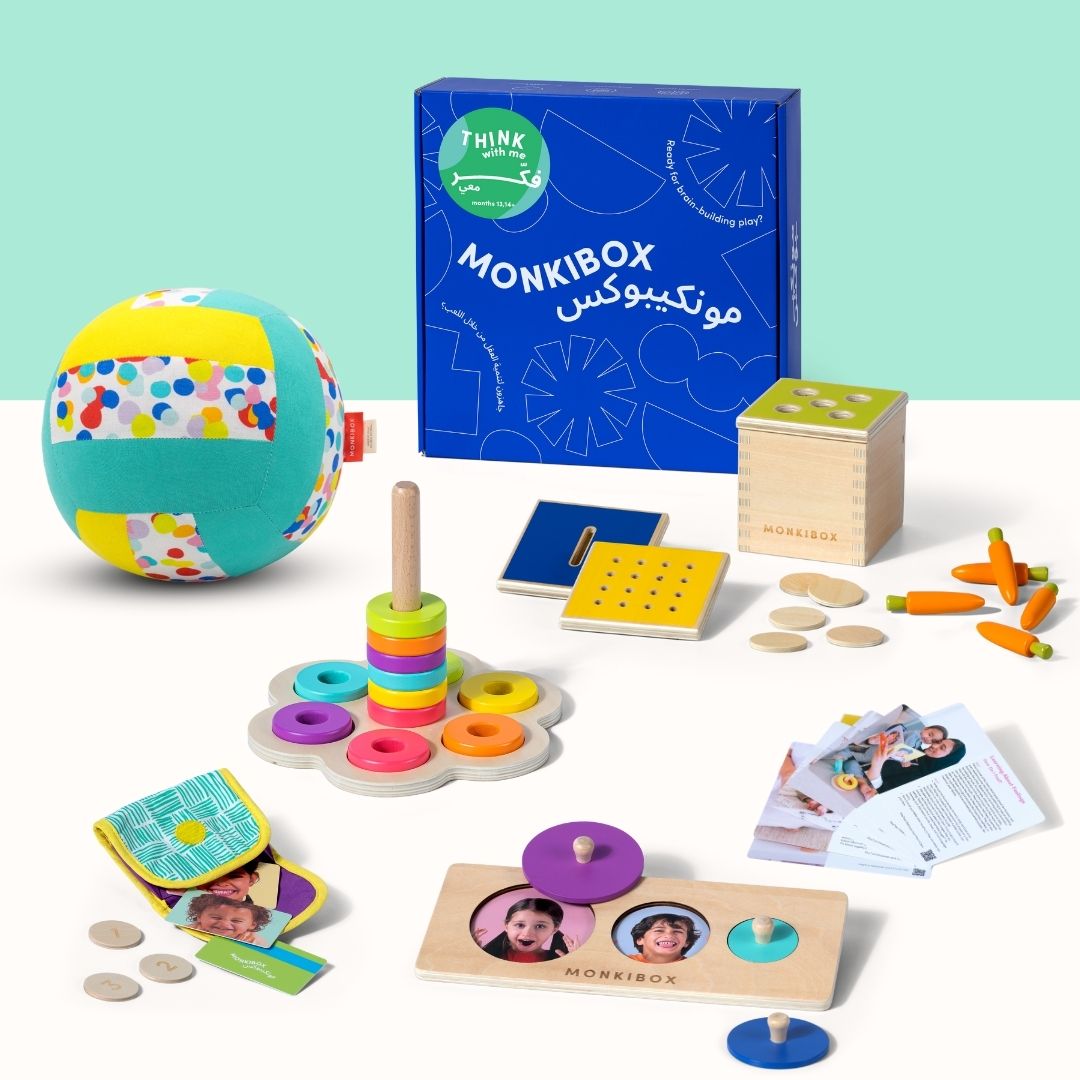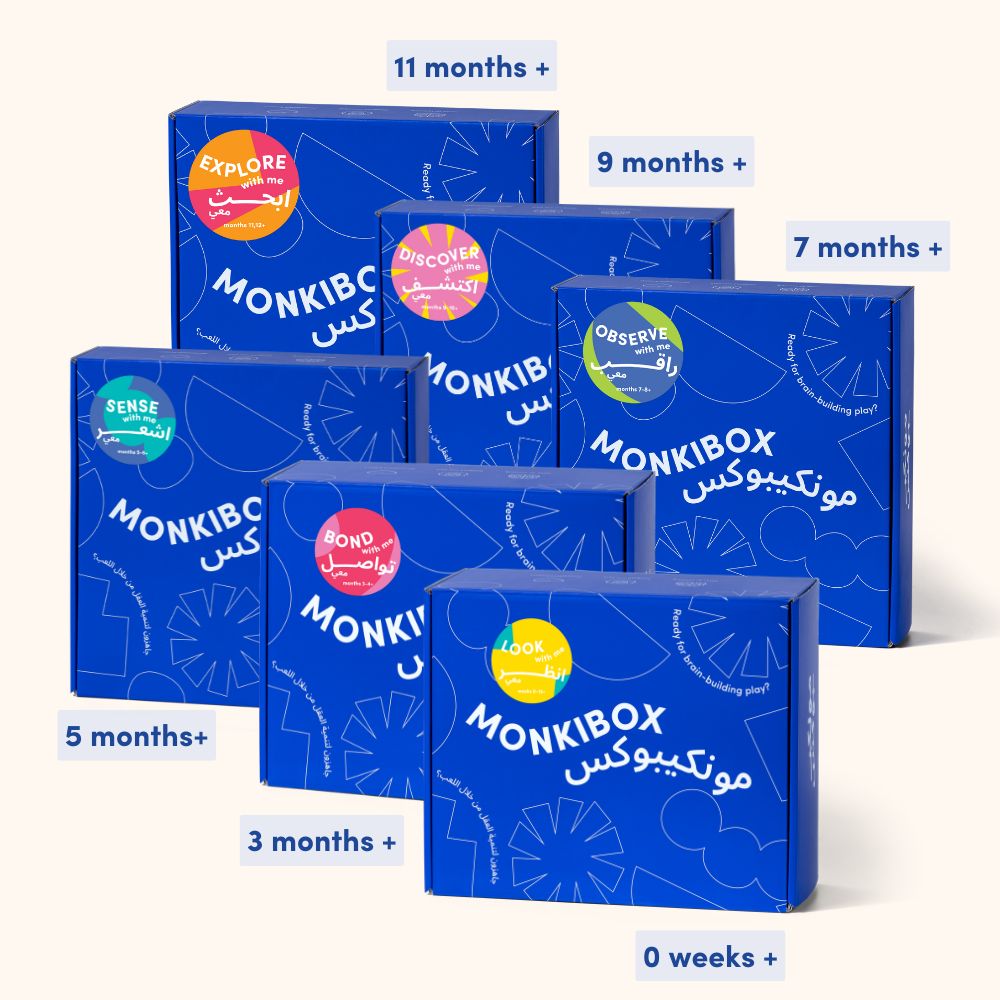Understanding object permanence is a significant milestone in your baby’s brain development. Object permanence tells us that an object (or person) continues to exist even when we can’t see or hear it.
Our young babies experience the world through movement and their senses. It will take some time to understand more abstract ideas like object permanence.
The theory, put forth by child development psychologist Jean Piaget, believed that babies start showing an understanding of object permanence from around 8 months of age. However, new research suggests it can be as early as 4 to 5 months.
So make no mistake: Your baby is already a little Einstein.
Playing with your baby is one of the best ways to help them reach their milestones - both physical and cognitive. Simple games can give your baby plenty of fun opportunities to practise their new skill and understanding.
Some of our favourite activities include:
Playing peekaboo
Cover your face with a blanket, or hiding behind the couch can entertain babies for hours! It also shows them that you always reappear when you’re gone, helping ease their separation anxiety.
Hiding objects
Hide your baby’s favourite toy under a blanket and ask them to find it. Encourage them to search for it. You might have to only partially hide it initially so your baby can still see it peek out.
Also, note that your baby won’t always be excited to look for a hidden toy. Maybe they’re not interested in the toy anymore or simply lack the coordination to look for it. So don’t worry if you have to wait a week or three before playing this game again.
Reading books
Books with flaps or sliding pages are a great tool to help your baby’s object permanence and language development. And it’s never too early to foster a love for reading!
Many adorable milestones happen around the time your baby’s development of object permanence, including:
- memory development
- exploration
- pretend play
- language acquisition
One unpleasant consequence of the development of object permanence is the emergence of separation anxiety. Knowing that you are still around even when you can’t be seen is often very upsetting for babies.
When you leave a room, continue to talk to your baby so they can hear your voice even when they can’t see you. And always reassure them that you will return for more playtime.
A note on milestones
Milestones happen in a range, and no two babies are the same or will develop at the same rate. These skills might present themselves early for some babies or at the later end of the spectrum, closer to 10 months, for others.
Talk to your paediatrician if you are concerned about your baby’s understanding of object permanence or have another concern about a developmental milestone.





